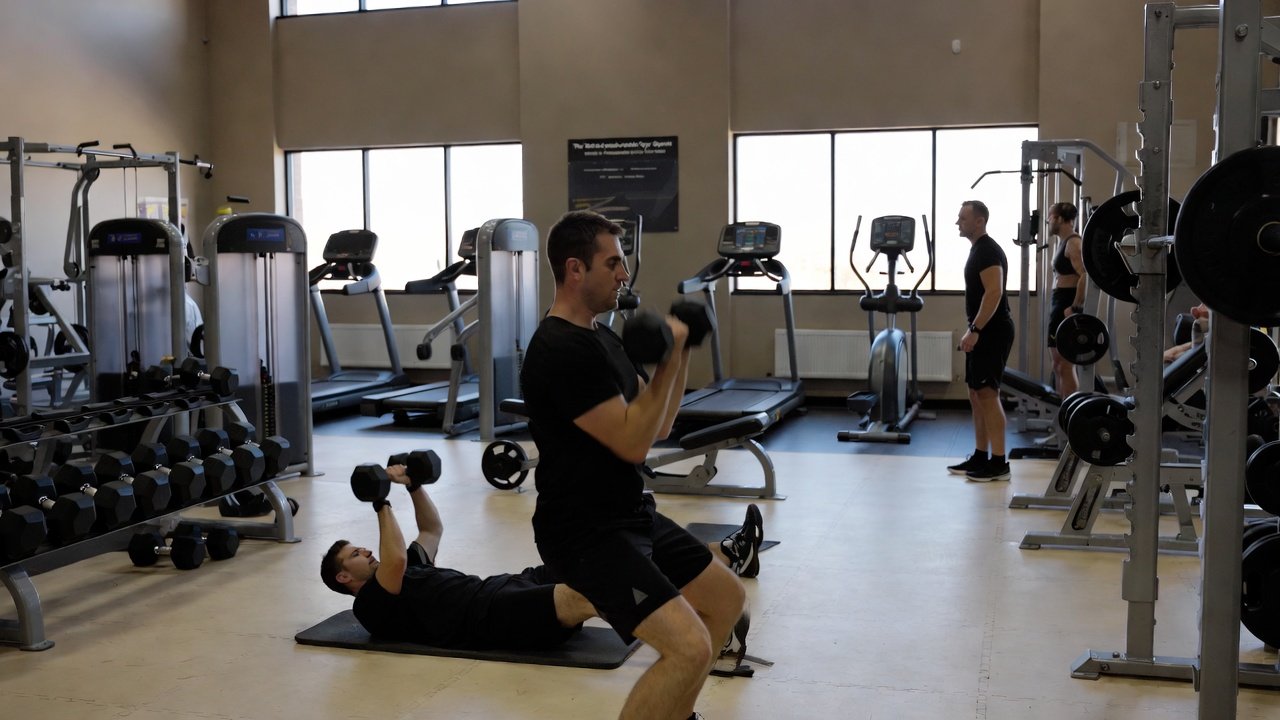Written by: Myrtle Bautista
From juggling work, family, and personal responsibilities to the constant bombardment of information from social media and news, our minds are rarely at rest. Stress, when left unchecked, can lead to a host of mental and physical health issues, including anxiety, depression, high blood pressure, and sleep disorders. That’s where mindful relaxation comes in.
Mindful relaxation is an effective way to reduce stress. This practice promotes a sense of calm by encouraging mindfulness and purpose in the way you relax. Here are 5 strategies that can help you achieve mindful relaxation, reduce stress, and regain balance in your life.
1. Practice Deep Breathing
Deep breathing is one of the easiest and most effective techniques for mindful relaxation, and it can be practiced anytime, anywhere. By focusing on your breath, you activate your parasympathetic nervous system, which helps reduce stress and promote relaxation.
- Find a quiet space.
- Perform the 4-4-4 technique: inhale slowly through your nose, hold your breath, and exhale slowly through your mouth, performing each step for 4 seconds.
- Repeat this for five to ten minutes, gradually increasing the duration as you feel more comfortable.
- Deep breathing helps calm your mind, improve oxygen flow, and bring your attention to the present moment, making it an excellent foundation for mindful relaxation.
2. Engage in Progressive Muscle Relaxation (PMR)
Progressive Muscle Relaxation (PMR) is a body-focused technique that involves tensing and then relaxing different muscle groups. This process not only eases physical tension but also brings awareness to areas of your body that are holding stress. It helps create a deeper connection between your body and mind, promoting a sense of ease and calm.
- Find a comfortable seated or lying position.
- Tense the muscles from the inferior (bottom) part of your body, moving upward, beginning with your toes.
- Release the tension slowly, and as you do, focus on the sensation of relaxation.
- Proceed upwards toward your legs, abdomen, chest, arms, and face, tensing and releasing each muscle group.
- Breathe deeply and stay aware of the sensations in your body as you relax each group.
3. Try Mindful Meditation
Meditation is one of the most well-known practices for achieving mindfulness and relaxation. It involves sitting quietly and focusing on your breath, a mantra, or simply observing your thoughts without judgment.
Regular meditation can ease stress, sharpen focus, and boost emotional well-being. Although it is a skill that can take time to develop, the benefits are immense. Over time, you’ll notice increased mental clarity, reduced anxiety, and a greater sense of peace.
- Find a quiet, comfortable space where you can sit undisturbed in a relaxed yet upright posture.
- Focus on your breathing or a soothing word or phrase as you take a few deep breaths.
- You can begin meditating for just a few minutes each day, and as you become more at ease, gradually extend the duration of your sessions.
4. Incorporate Relaxing Aids Like Weighted Indica for Your Nighttime Routine
For those seeking a more natural way to relax and unwind at the end of the day, incorporating a relaxing aid such as weighted indica in your nighttime routine might be the perfect solution. Indica strains of cannabis are widely known for their calming and sedative effects, making them an ideal choice for relaxation, especially before bed. These strains often promote feelings of deep relaxation, reduce muscle tension, and can even help with insomnia by preparing your body and mind for restful sleep.
- Create a relaxing atmosphere by dimming the lights, playing soft music, or lighting candles before you consume.
- Pair with other mindful practices like deep breathing, meditation, or a warm bath to enhance the calming effects.
- Take indica at least 30 minutes to an hour before bed to let its effects settle in without rushing. This ensures your mind and body have time to relax fully before you head to sleep.
While indica can be a helpful aid for relaxation, it’s essential to use it responsibly. Always start with a low dose, especially if you’re new to cannabis, and listen to your body. Over time, you may find that combining this relaxing aid with mindful relaxation techniques enhances your overall sense of well-being, helping you drift off to sleep with ease.
5. Unplug and Disconnect
While convenient, constant screen time can increase anxiety and prevent us from truly relaxing. Unplugging gives your mind a much-needed break from the constant stimulation of the digital world, allowing you to recharge and relax more fully.
- Designate tech-free times during the day, especially before bed.
- Use this time to engage in relaxing activities, like reading, journaling, or spending time in nature.
- Turn off notifications and silence your phone when you’re practicing relaxation techniques.
- If you feel tempted to check your devices, bring your attention back to the present moment and focus on your breath.
Final Words
Whether through deep breathing, yoga, or unplugging from technology, mindful relaxation helps you stay present, reduces stress, and enhances your quality of life. Start small, gradually build up your practice, and watch how your mind and body respond to the power of mindfulness. You deserve moments of peace and relaxation—embrace these strategies and enjoy the journey to a calmer, more balanced life.
Please review our business on Google Yelp Facebook
Please visit our Member’s Area to access our subscribed content to learn more.
Did you know you can work out and exercise with a trainer at your home, office, hotel room, or anywhere in the world with online personal training?
Like us on Facebook/Connect with us on LinkedIn/Follow us on X
Make sure to forward this to friends and followers!






